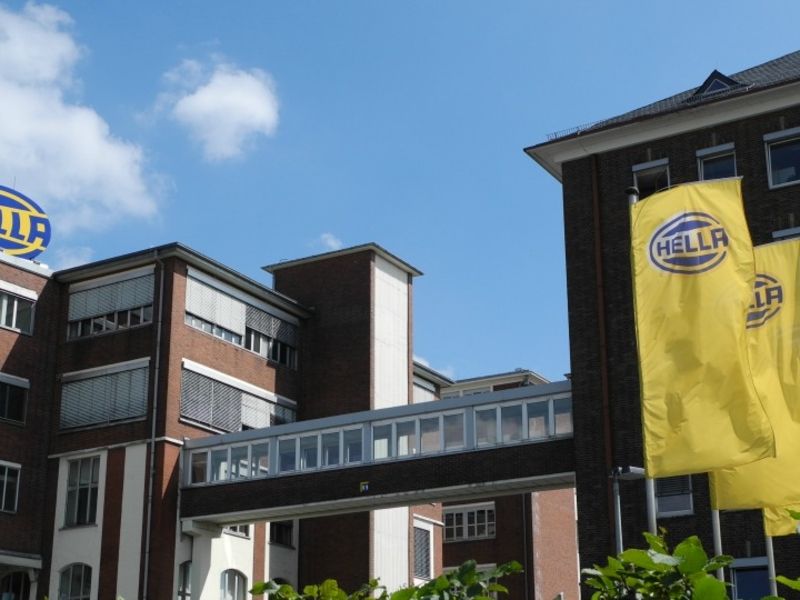
German supplier Hella is planning a sale of its driver-assistance software unit, people familiar with the matter told Bloomberg.
Hella is working with advisers to gauge interest in the business, the people said. It could fetch several hundred million euros, they said, asking not to be identified because the information is private.
The unit may attract interest from suppliers, automakers investing in autonomous driving and technology companies, the people said. No final decisions have been made, and there is no certainty the deliberations will lead to a transaction, they said.
A representative for Hella did not immediately respond to a request for comment.
Technology investments
The company’s Hella Aglaia Mobile Vision unit makes embedded software systems used for assisted driving functions — which aid a human behind the wheel — as well as self-driving cars. Its image-processing programs can detect oncoming vehicles, recognize traffic signs as well as lane markers and sense other objects around a car.
Unlike products from larger competitors like Mobileye, which sell integrated solutions with hardware and software packaged together, Aglaia’s software is designed to be paired with chips, cameras and sensors made by other vendors.
Volkswagen Group announced last year it would cooperate with Ford on electric and self-driving car technology. VW said in June it completed its investment in Ford’s autonomous-car partner Argo AI LLC, contributing $1 billion of cash and folding its $1.6 billion Autonomous Intelligent Driving unit into the business.
Slumping market
In a similar move, Hyundai and Aptiv created a joint venture dubbed Motional to develop driverless systems for robotaxi network operators.
Hella’s potential divestment comes as suppliers navigate a slumping market due to the coronavirus. The company said on July 28 it will cut 900 jobs at its headquarters by the end of 2023 amid a “hard market decline” during the pandemic.
The supplier targets between 5.6 billion euros and 6.1 billion euros ($6.7 billion to $7.2 billion) in sales in the current financial year.
The company, which has roots dating back to 1899, produces lighting and electronic components for cars, construction machinery and boats. It also operates a range of cooperation projects with peers including Faurecia, Plastic Omnium and TMD Friction.
Hella ranks No. 40 on the Automotive News list of the top 100 global suppliers with worldwide sales to automakers of $6.5 billion during its 2019 fiscal year.